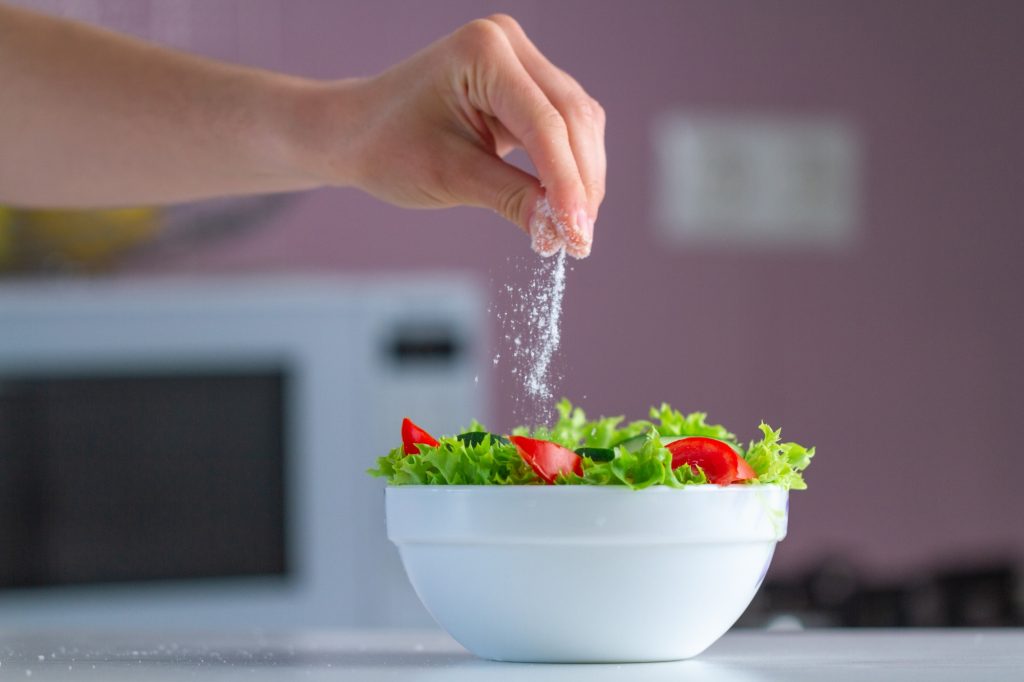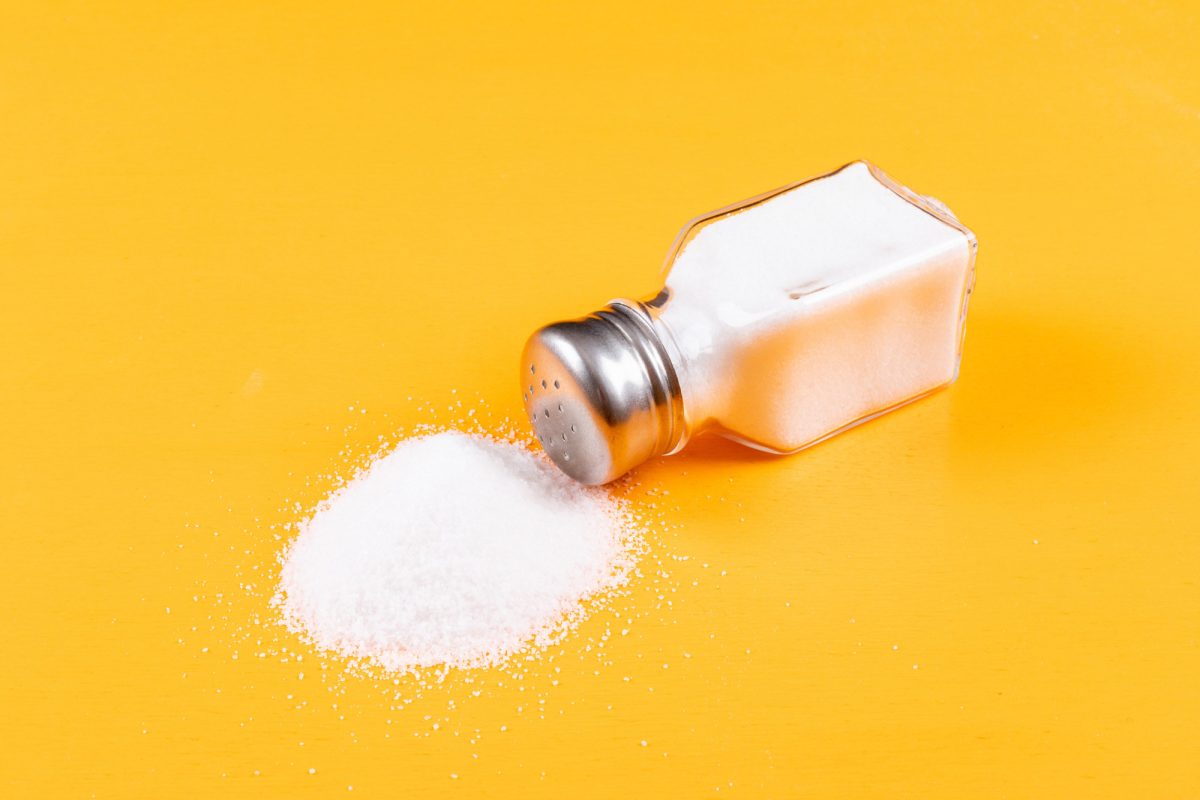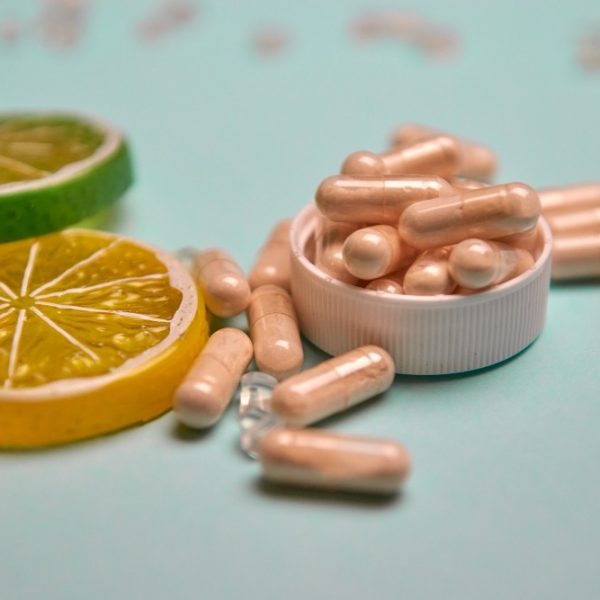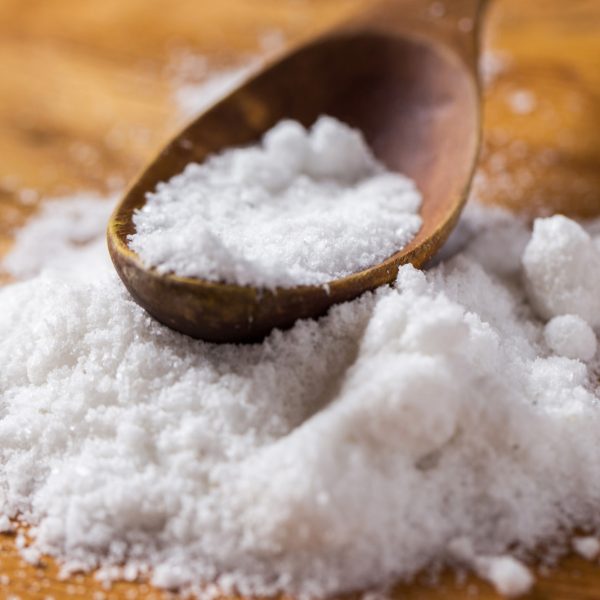Salt is a common ingredient in almost all types of cuisines.
However, it is also a leading cause of several health problems, including hypertension, heart disease, and stroke. While salt is an essential nutrient required for the proper functioning of the body, excessive consumption of salt can be harmful. In this blog post, we will discuss the benefits of reducing salt in your diet and the steps you can take to achieve it.
Why should you reduce salt in your diet?
Salt is made up of sodium and chloride. Sodium is an essential nutrient required for various bodily functions such as the maintenance of fluid balance, the transmission of nerve impulses, and the contraction of muscles. However, excessive intake of sodium can lead to health problems, primarily hypertension. Hypertension is a condition in which the blood pressure in your arteries is elevated, putting extra strain on your heart and increasing your risk of heart disease and stroke.
In India, hypertension is a prevalent health problem, affecting millions of people. According to a study by the Indian Council of Medical Research, hypertension affects about one in three adults in urban areas and one in four adults in rural areas. The study also revealed that a high-salt diet is a significant risk factor for hypertension in India.
Therefore, reducing salt intake can be an effective way to prevent and manage hypertension and reduce the risk of heart disease and stroke.

How much salt should you consume?
According to the World Health Organization (WHO), the recommended daily intake of salt is less than 5 grams per day or about one teaspoon. However, most people consume much more than this amount, mainly through processed and packaged foods.
Tips to reduce salt intake
Here are some simple tips that can help you reduce salt intake:
- Choose fresh foods over processed foods: Processed and packaged foods are often high in salt. Therefore, it is best to choose fresh foods whenever possible. For example, instead of eating canned soups or sauces, make your own at home using fresh ingredients.
- Read food labels: Always check the food labels before purchasing any packaged or processed foods. Choose products that are labelled as “low salt” or “no added salt.”
- Use herbs and spices instead of salt: Herbs and spices can add flavour to your food without adding salt. Use herbs like thyme, rosemary, and basil, and spices like cumin, coriander, and turmeric to add flavour to your food.
- Limit the use of salt in cooking: Use less salt when cooking. Instead, use other flavour enhancers like garlic, ginger, or vinegar.
- Avoid adding salt to your meals: Avoid adding salt to your meals at the table. Try using a salt substitute or lemon juice instead.
Benefits of reducing salt in your diet:
- Lowers blood pressure: Reducing salt intake can lower blood pressure, reducing the risk of hypertension, heart disease, and stroke.
- Improves kidney function: A high-salt diet can put a strain on the kidneys, leading to kidney damage. Reducing salt intake can help improve kidney function and prevent kidney damage.
- Reduces water retention: Consuming excess salt can lead to water retention, causing bloating and swelling. Reducing salt intake can help reduce water retention and promote weight loss.
- Lowers the risk of stomach cancer: A high-salt diet has been linked to an increased risk of stomach cancer. Reducing salt intake can lower the risk of stomach cancer.
Takeaway
Reducing salt intake can have several health benefits, including lowering blood pressure, improving kidney function, reducing water retention, and lowering the risk of stomach cancer. Therefore, it is essential to make small changes to your diet to reduce salt intake. By following the tips mentioned above, you can achieve a healthy and balanced diet while reducing your salt intake.
Remember, reducing salt intake is not just about avoiding the salt shaker. It’s about making healthier choices and being aware of the sodium content in the foods you eat. By making simple changes to your diet and lifestyle, you can reduce your risk of developing hypertension and other health problems associated with a high-salt diet.
So, start today by choosing fresh foods, reading food labels, and using herbs and spices to add flavour to your meals. Your body will thank you for it in the long run.





















Share this article